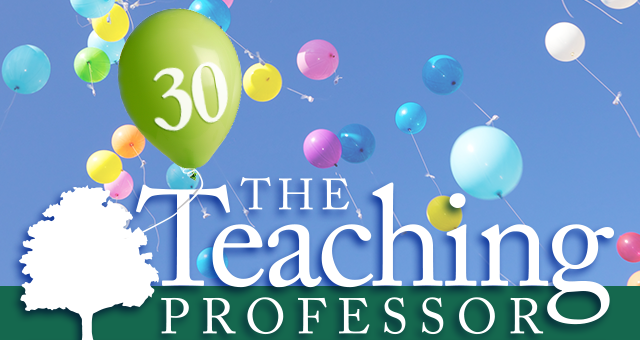Reduce Online Course Anxiety with a Check-in Quiz
“Online classes are often intimidating for first-time students,” writes David St Clair. “They wrestle with the gnawing fear that their class has no anchor in the physical world and that there will be no one there to address their fears and concerns.” (p. 129) His solution? A simple, online check-in quiz. Here’s how the activity unfolds. The first assignment in the online course, to be completed on the first day, is this required check-in quiz. In St Clair’s case, it meets the university’s first-day attendance requirement. Students can be dropped from the course if they don’t meet that university requirement. They read the syllabus and take the quiz, which comes to them as an attachment in the course welcome email. The quiz is also posted on the course Blackboard site. Beyond fulfilling the check-in requirement, this quiz is actually a tour of course features. “To find the quiz, learn about the quiz, take the quiz, and to receive their grade on the quiz, students need to navigate through virtually every part of the online class site.” (p. 130) As St Clair points out, you could “tell” students how to navigate the features of the online course, but the more powerful way is having them discover those features for themselves.





